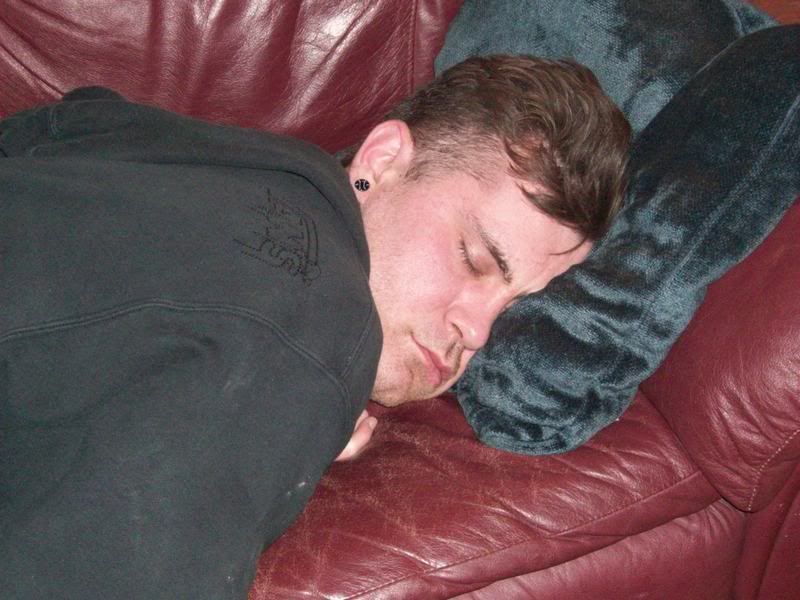I believe a lack of sleep was responsible for a lot of my physical problems (heart palpitations). What surprised me about this information is it talks about even small amounts of alcohol disrupting sleep (no, I'm not trying to instigate a mod/abs fight :l). But I do believe sleep disruption (whatever the cause) is responsible for a host of ailments.
Alcohol and Sleep - Alcohol Alert No. 41-1998
Alcohol and Sleep in Those Without Alcoholism
Alcohol consumed at bedtime, after an initial stimulating effect, may decrease the time required to fall asleep. Because of alcohol's sedating effect, many people with insomnia consume alcohol to promote sleep. However, alcohol consumed within an hour of bedtime appears to disrupt the second half of the sleep period (7). The subject may sleep fitfully during the second half of sleep, awakening from dreams and returning to sleep with difficulty. With continued consumption just before bedtime, alcohol's sleep-inducing effect may decrease, while its disruptive effects continue or increase (8). This sleep disruption may lead to daytime fatigue and sleepiness. The elderly are at particular risk, because they achieve higher levels of alcohol in the blood and brain than do younger persons after consuming an equivalent dose. Bedtime alcohol consumption among older persons may lead to unsteadiness if walking is attempted during the night, with increased risk of falls and injuries (3).
Alcoholic beverages are often consumed in the late afternoon (e.g., at "happy hour" or with dinner) without further consumption before bedtime. Studies show that a moderate dose1 of alcohol consumed as much as 6 hours before bedtime can increase wakefulness during the second half of sleep. By the time this effect occurs, the dose of alcohol consumed earlier has already been eliminated from the body, suggesting a relatively long-lasting change in the body's mechanisms of sleep regulation (7,8).
The adverse effects of sleep deprivation are increased following alcohol consumption. Subjects administered low doses of alcohol following a night of reduced sleep perform poorly in a driving simulator, even with no alcohol left in the body (9,10). Reduced alertness may potentially increase alcohol's sedating effect in situations such as rotating sleep-wake schedules (e.g., shift work) and rapid travel across multiple time zones (i.e., jet lag) (9). A person may not recognize the extent of sleep disturbance that occurs under these circumstances, increasing the danger that sleepiness and alcohol consumption will co-occur.


 I don't know......when I drank I pretty much just passed out ! Ha! IAD.
I don't know......when I drank I pretty much just passed out ! Ha! IAD.

Comment